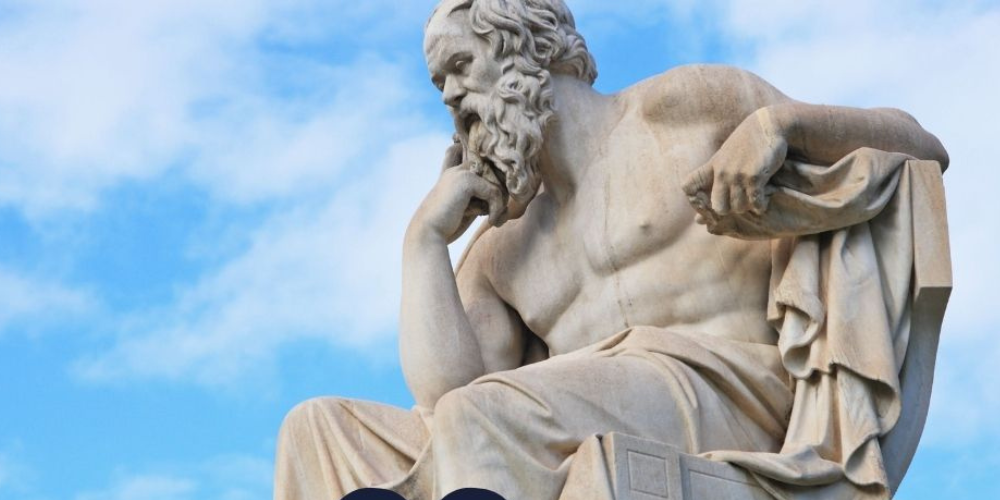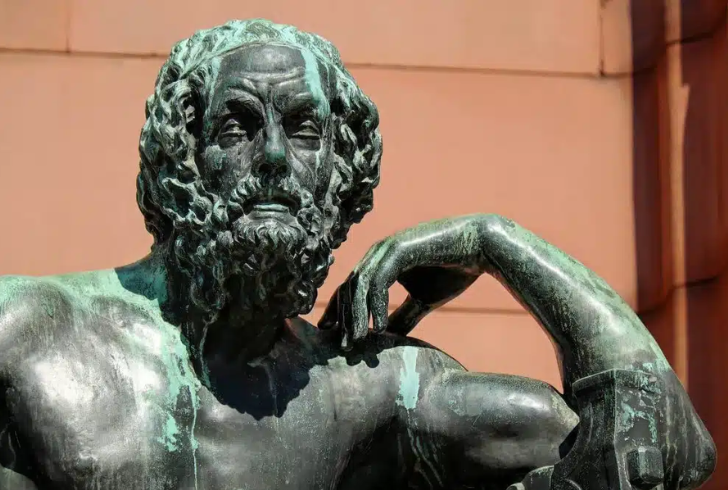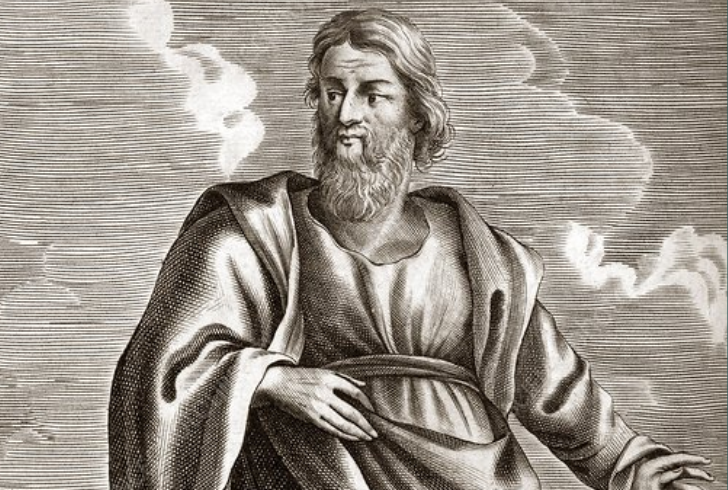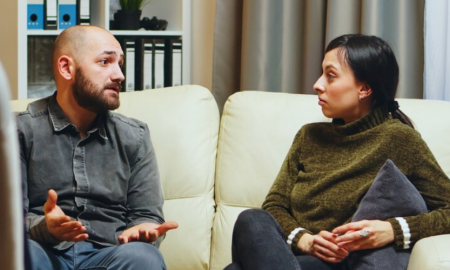
4 Timeless Greek and Roman Views on Mental Health in Ancient Rome

In the bustling streets of ancient Rome and the philosophical circles of Greece, mental health was a topic of great interest and concern. While modern psychology has made significant strides, the foundations of understanding mental well-being can be traced back to these ancient civilizations. Let’s explore how mental health in ancient Rome and Greece was perceived, treated, and sometimes misunderstood.
A Historical Perspective on Mental Wellness
The concept of mental health in ancient Rome and Greece was intricately woven into the fabric of daily life. Ancient physicians and philosophers recognized the profound impact of mental states on overall health, a notion that remains relevant today.

poemsplease.com | Ancient Greek poet Homer’s struggle with depression underscores the enduring nature of mental health challenges.
Ancient Greek poet Homer, renowned for epics like the “Iliad” and “Odyssey,” reportedly succumbed to depression, highlighting the timeless nature of mental health challenges. This historical anecdote serves as a poignant reminder that mental health issues have affected humanity across millennia.
Key Insights From Antiquity
1. The Mind-Body Connection
Ancient healers understood the intricate relationship between mental and physical health. In medical texts dating back to 400 BC, doctors emphasized the importance of mental habits in maintaining overall well-being. They recognized that thoughts, alongside factors like lifestyle and environment, played a crucial role in determining health outcomes.
2. Recognizing Mental Illness
Ancient physicians documented various mental health conditions with surprising accuracy. For instance, a case study from the “Epidemics” described a patient named Parmeniscus, who experienced severe mental distress leading to physical symptoms. This early recognition of how mental states can manifest physically underscores the advanced understanding of mental health in ancient Rome and Greece.
3. Holistic Approaches to Treatment
Treatment methods in antiquity were diverse and often holistic:
• Lifestyle changes – Exercise regimens, dietary adjustments, and travel were commonly prescribed.
• Cognitive exercises – Engaging in philosophical debates or solving puzzles was encouraged to maintain mental acuity.
• Music therapy – Playing instruments like the lyre was recommended for emotional regulation.
• Herbal remedies – Plants such as hellebore were used, though with caution due to potential side effects.
4. The Power of Prevention

sciencephoto.com | Philosophers like Aristippus promoted mindfulness, urging a focus on the present to prevent mental disturbances.
Ancient wisdom emphasized the importance of preventive measures in maintaining mental health. Philosophers like Aristippus advocated for mindfulness practices, encouraging focus on the present moment to avoid mental disturbances – a concept that resonates with modern mindfulness techniques.
Lessons From History
The study of mental health in ancient Rome and Greece offers valuable insights:
- Mental health issues are not new; they’ve been part of the human experience for millennia.
- A multifaceted approach to mental well-being can be highly effective.
- The mind-body connection is fundamental to overall health.
- Proactive mental health management is crucial for long-term well-being.
Bridging Ancient Wisdom With Modern Practice
While we’ve made significant strides in understanding and treating mental health conditions, the ancient Greeks and Romans offer timeless wisdom. Their holistic approach, emphasis on lifestyle factors, and recognition of the mind-body connection continue to resonate in contemporary mental health practices.
By examining mental health in ancient Rome and Greece, we gain a deeper appreciation for the historical context of our current understanding. This perspective can inform and enrich modern approaches to mental well-being, reminding us that the pursuit of mental health is an enduring aspect of the human experience.
More in Mind & Mental
-
`
6 Practical Ways of Using Social Media Less & Be More Productive
In today’s digital age, knowing how to spend less time on social media is a game-changer. Social media, though engaging, can...
June 20, 2024 -
`
How to Overcome Fear: Expert Tips and Advice
Feeling overwhelmed by fear and anxiety is a common human experience, one that often leaves us feeling trapped and uncertain about...
June 13, 2024 -
`
Here’s Everything You Need to Know About Open Relationships
An open relationship is a consensual arrangement where partners agree to engage in romantic or sexual relationships with other people. Unlike...
June 6, 2024 -
`
Explore the Multifaceted Goals of Meditation
What is the goal of meditation? If you have ever found yourself asking this question, you are not alone. Meditation has...
May 31, 2024 -
`
When is National I Love You Day Celebrated? Mark Your Calendar
Life can get hectic, and sometimes amidst the daily grind, we forget to express our love and appreciation for the phenomenal...
May 23, 2024 -
`
When’s the Best Time of Day to Fish?
For any angler, a successful fishing trip hinges on several factors. But one of the most crucial elements is timing. Knowing...
May 14, 2024 -
`
What Mental Illness Does Britney Spears Have? Discovering the Answer
Britney Spears, a name that resonates with millions around the globe, goes far beyond the glitz and glamour of her stardom....
May 7, 2024 -
`
Here Are Some Easy Ways To Say No To Unrealistic Expectations In Your Relationship
If you are in a relationship, you should constantly work on improving it. Some early lovebirds fall in love too quickly...
May 3, 2024 -
`
Therapy? Medication? What Are the Treatments for PTSD
Post-Traumatic Stress Disorder (PTSD) is a common after-effect of traumatic events. It can be a debilitating condition, but the good news...
April 25, 2024















You must be logged in to post a comment Login